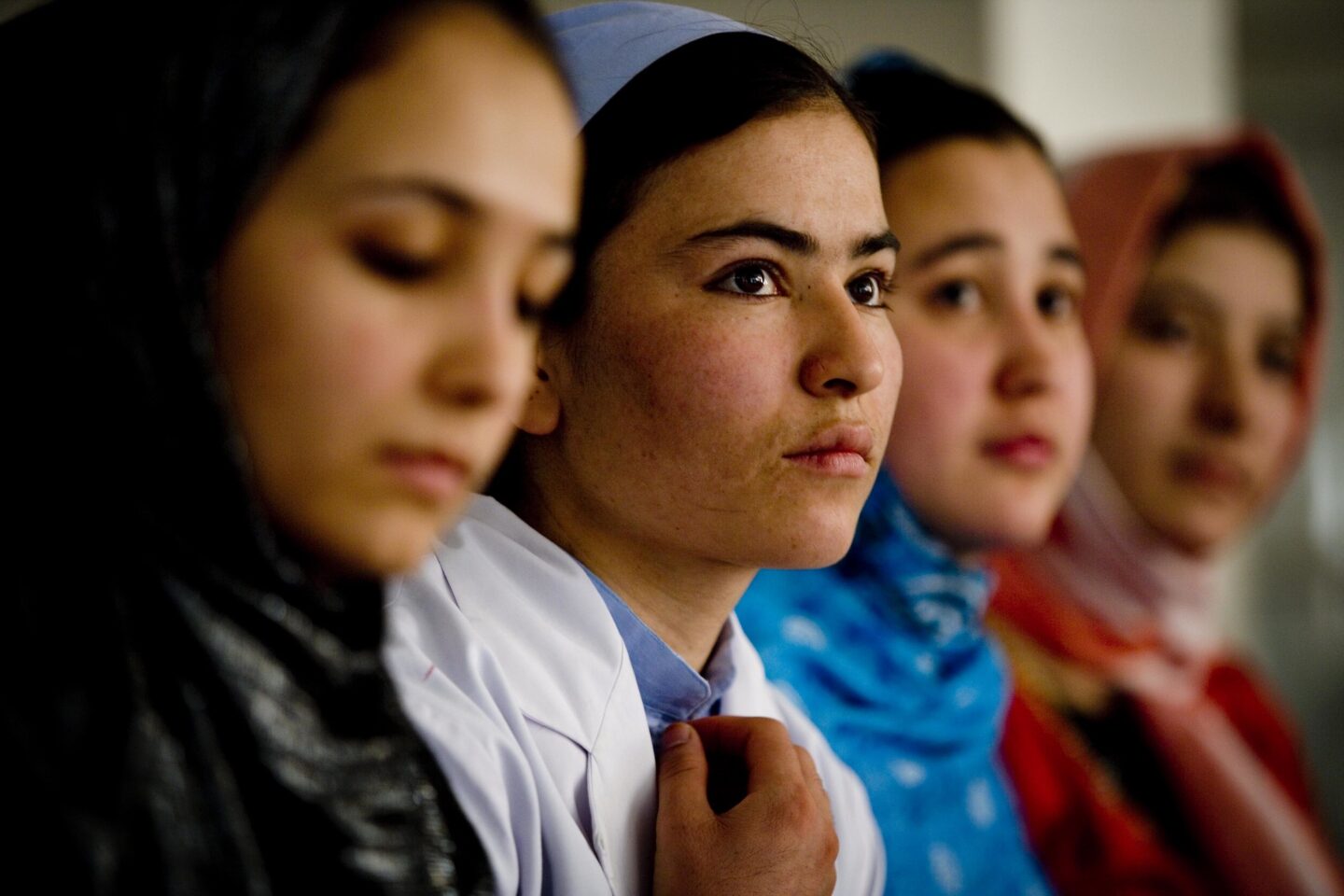Afghanistan
Since 2002, striving to improve health outcomes for the people of Afghanistan.
- Through the Urban Health Initiative (UHI), Jhpiego has strengthened 76 public and private health facilities, which have been pivotal in supporting more than 633,000 births.
- UHI has established Urban Health Advisory Boards in each city, drafted a roadmap to develop an Urban Health Strategic Plan, established eight urban Family Health Houses for midwives to provide health services, supported mobile health clinics and midwifery outreach services through 48 community midwives, and established 209 urban health posts.
- More than 221,000 children under one year old received the Penta 3 vaccine, 200,000 received the measles vaccine and 200,000 pregnant women received the tetanus toxoid vaccine. Also, more than 1.3 million children under five years old were screened for malnutrition, 331,000 received treatment for diarrhea and 189,000 received pneumonia treatment.
- UHI played a critical role during the COVID-19 pandemic by delivering more than 2 million doses of the COVID-19 vaccine and providing vital oxygen support to the targeted health facilities.
Our Work in Afghanistan
Urban Health Initiative
The goal of the Urban Health Initiative (UHI), funded by the U.S. Agency for International Development, is to improve health outcomes of people living in Afghanistan’s urban areas, particularly women and children and other vulnerable populations. To achieve this goal, UHI works to improve public and private health service delivery in the five urban areas of Kabul, Herat, Jalalabad, Kandahar and Mazar-e-Sharif by: 1) strengthening the Ministry of Public Health’s capacity and stewardship; 2) improving access to primary and secondary health care services; 3) improving the quality of public and private health services; and 4) improving people’s awareness of health care services and behaviors. UHI’s technical areas of focus are: maternal, newborn, child and adolescent health; communicable diseases, especially TB and vaccine preventable diseases; and nutrition. The Jhpiego-led consortium implementing this program includes Management Sciences for Health, Inc., CARE, BAO Systems, Project ECHO, Terre des Hommes, Viamo and the following Afghan organizations: Agency for Assistance and Development of Afghanistan, and Afghan Midwives Association.
Country Contact
Tel. 932 (0) 2214319
Kabul, Afghanistan
Current and Recent Donors
Arnow Family Fund
Elrha
UNICEF
USAID






